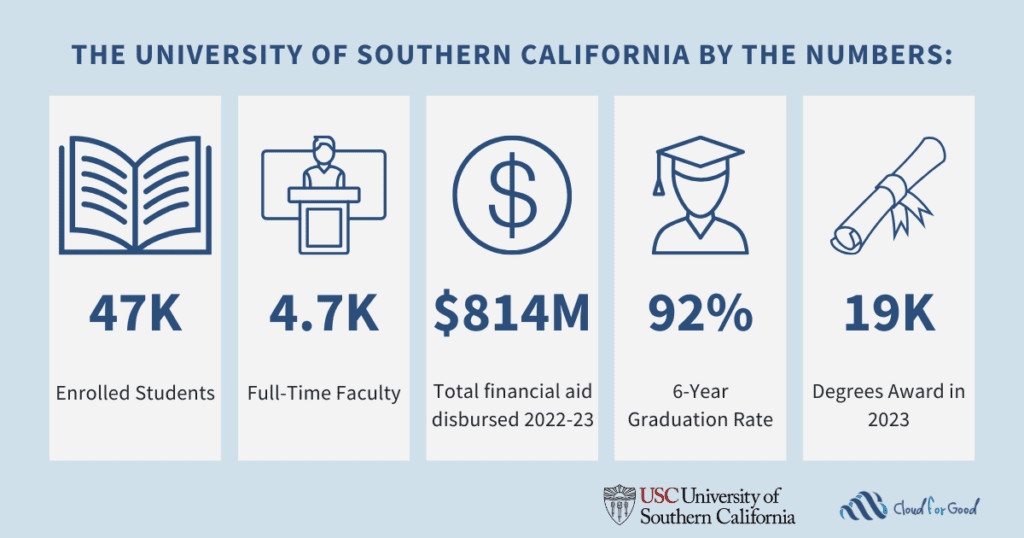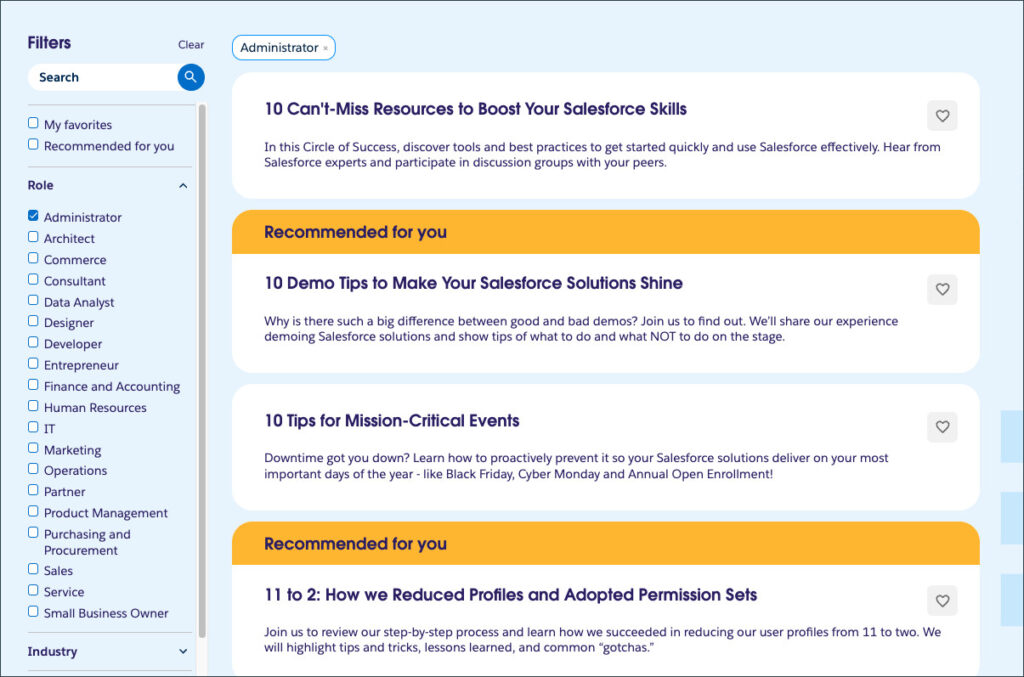Despite healthcare being one of the fastest-growing sectors, projecting 1.9 million annual openings from 2023 to 2033, and offering a median annual wage significantly higher than other occupations—$83,090 compared to $49,500 in May 2024—the industry faces a critical challenge: more people are leaving healthcare than entering it.
The U.S. healthcare workforce faces critical challenges, including widespread shortages, severe burnout, and declining job satisfaction, exacerbated by ongoing pandemics and an aging population. Millions live in health professional shortage areas, and a significant percentage of healthcare workers, particularly nurses, intend to leave their jobs within two years. These issues demand immediate attention to prevent further strain on the healthcare system and ensure access to care, especially in rural communities. So, what can be done?
I recently attended the Health Evolution Summit in California. This is a meeting that brings together leaders from every facet of healthcare – doctors, hospital administrators, payment platforms, insurance companies, and more. And, a lot of the talks focused on the state of healthcare demands, emerging crises and how to solve them.
I got to sit in on some closed-door sessions, and I found time to connect with LaShonda Anderson-Williams, our Chief Customer Officer here at Salesforce. Watch our Tiny Mic interview here.
“My oldest daughter is in medical school,” said Anderson-Williams. “There is no question it’s been happening the last several years. We have more people exiting than entering, and one of the reasons it is, is because of burnout.”
Attendees discussed this issue at length, and came up with a list of ways to retain healthcare workers, including:
- Less time on administrative work
- More time with patients
- Better education and preventative care for patients
- Helping care teams connect across disconnected systems
Not surprisingly, AI has a solution for every bullet on this list. Especially with AI agents. One attendee said that AI is kind of like lego blocks. And, you use these blocks to help build products.
“The type of opportunity that we have to bring Agentforce to this industry, to accelerate access, to care, to accelerate how care is actually delivered for all, not just in the large metropolitan cities, but in the rural areas where there’s a community of people who are underserved,” said Anderson-Williams.
How AI agents can help with administrative work
Many event attendees spoke about entering the healthcare field to help people. However, their time with patients is getting less and less with staff shortages, mounting administrative work, etc. An AI agent could take things like patient notes, chart summaries, and prior authorizations off of their plates. Administrative work can be totally handed off to the agent who could even look across all notes for patterns, red flags, and recommendations that are truly impactful – because the agent has all the time in the world.
And if AI agents can free up time for healthcare workers, then that time can be spent on patients. Or, if there are massive time savings, maybe some staff could be shifted to another department that is struggling.
“Doctors and clinicians, physicians, they come into the industry because they want to improve care, and I think the thing that Agentforce and Health Cloud will do is it’s going to give the clinical and medical professionals more time to do what they love, which is spending more time with patients,” Anderson-Williams said.
How AI agents can help with patient education
In terms of patient education, early intervention, preventative care, this is really where AI agents can make a big impact on patients. Think about how many minutes a year you actually spend with your primary care doctor. Is it about ten minutes a visit? And you see them maybe three times a year? So, hypothetically, you see your main doctor for thirty minutes a year. And in those thirty minutes, they are supposed to determine the best possible course of care for you.
What if you had an AI agent filling in those care gaps throughout the year? Like a healthcare companion that provided a constant throughline to your doctor. The agent could check in, look into any new symptoms or concerns, and surface ideas for behavior changes that could make a big impact on your health. AI has infinite time with patients and can be available for patients 24/7. The applications are endless for a healthcare companion agent. Just think about a patient with Alzheimer’s – the agent has unlimited answers, and never tires of repeating information. And, on the physician side, they can set parameters for the agent for things like personal preferences that the patient has expressed, that particular doctor’s practice guidelines on interacting with patients, and other guardrails to make the agent a true extension of the care team.
A summit attendee put it best, “we need to educate patients so they can have their lightbulb moments, and not just prescribe medication.” Richer conversations and time spent between providers and patients is the goal.
How AI agents can connect care teams
In terms of helping care teams connect, there’s definitely a massive opportunity, as disconnected systems and individuals create such a hurdle to healthcare. Imagine you’re diabetic. You have your primary doctor, an endocrinologist, and a dietician. Imagine you had to be hospitalized, and now you have hospital doctors and maybe a social worker added to the team. The hospital staff works out of one system, but your primary doctor is in another, and your endocrinologist and dietician are in yet another system. How does this team access the latest notes on your case? If there was an AI agent, they could be granted access across the systems to provide one up-to-date view of your care to the entire team. Disconnected systems were one of the biggest challenges I heard about at Health Evolution Summit.
How to get started with AI agents
How can you get started? Look at your areas of big spend. Can AI agents provide a better way to operate? Find areas where you can show the opportunity and promise of AI agents, and then deploy your ideas. Efficiencies will be key in bridging gap between people leaving healthcare.
And remember, “It’s about embracing the technology, embracing AI for what it is,” said Anderson-Williams. “It’s a toolkit. It is about understanding how to put governance around these new technologies.”
Hungry for more executive insights?
Check out our Executive Series on Salesforce+ for the latest top tier advice, event highlights, and actionable insights from leading execs.






